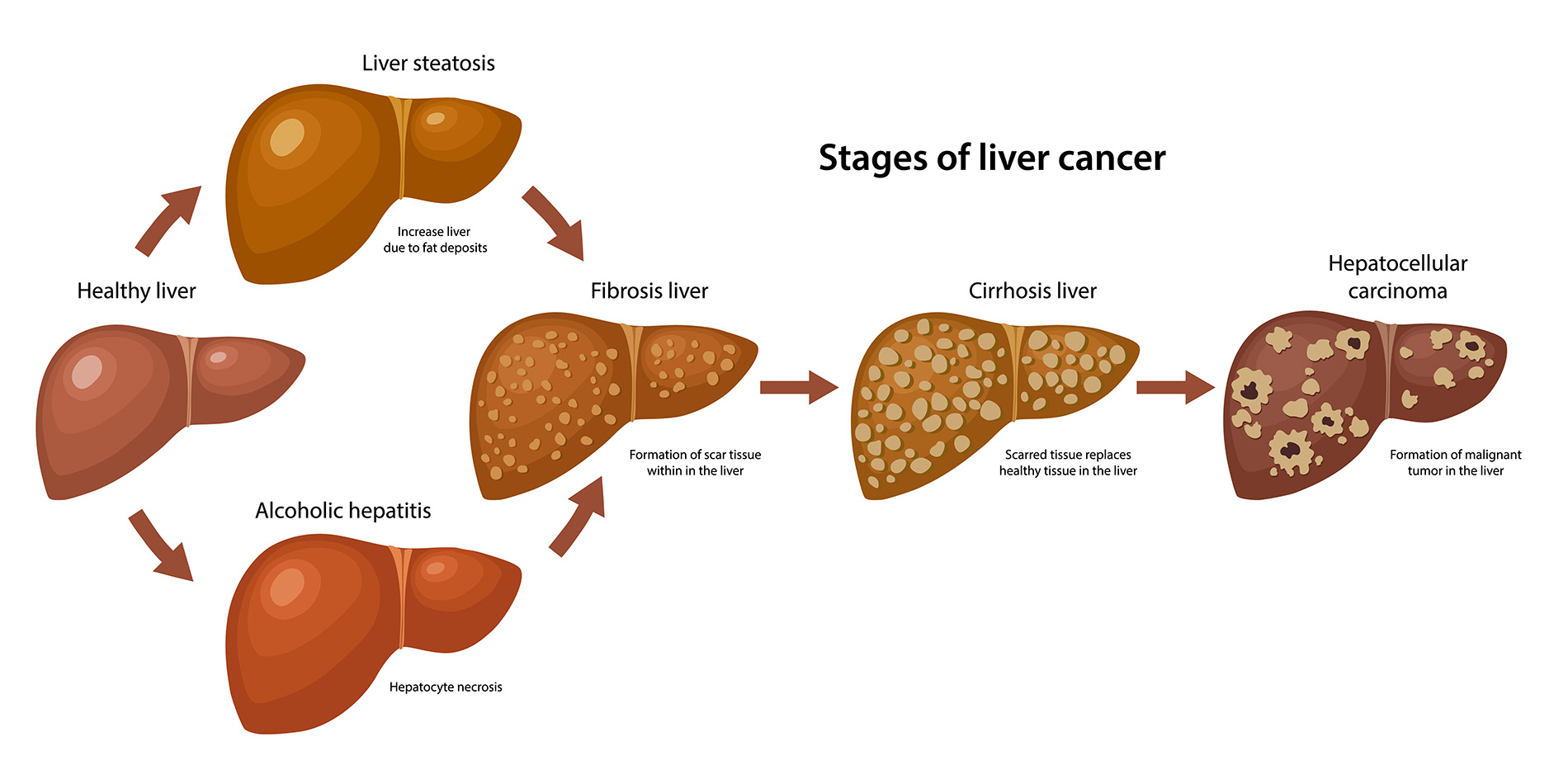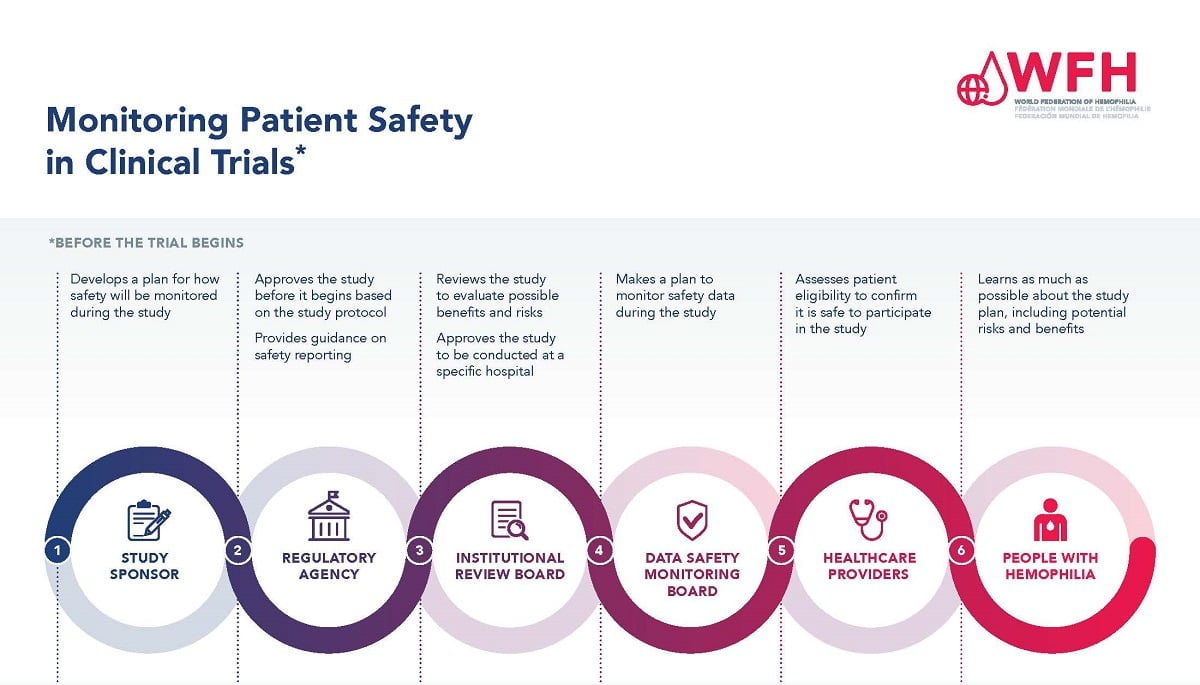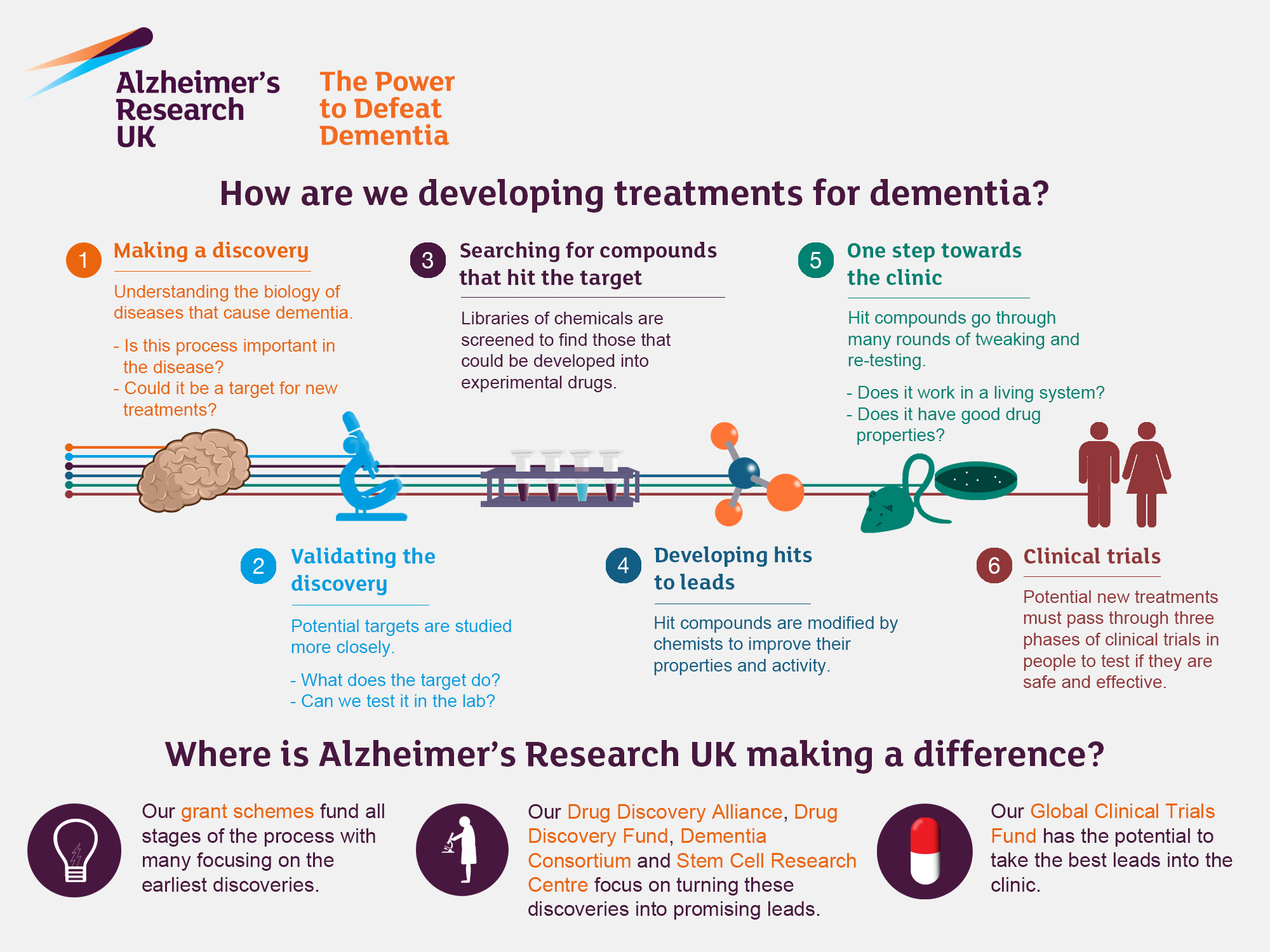Social interaction is an essential component of the human experience, influencing our mental health and overall well-being. Researchers have increasingly highlighted the importance of social interaction, equating it with other vital needs such as food and water. Notably, the neurological basis of social needs has emerged as a crucial area of study, shedding light on the significant effects of social isolation on mental health. With compelling evidence linking companionship to our emotional and physical health, understanding touch and social behavior has become more relevant than ever. As we explore the intricate connections between our social experiences and neurological functioning, it becomes clear that nurturing our relationships may be as fundamental to our survival as our basic biological needs.
Engaging socially and maintaining interpersonal connections significantly contributes to psychological resilience and emotional health. Terms such as social connectivity and relational engagement embody the essence of what it means to foster meaningful relationships. The neurological underpinnings of our social instincts reveal how critically we depend on the presence of others for our well-being. Furthermore, recognizing the detrimental impact of social withdrawal on mental state reinforces the necessity of companionship. As we delve deeper into the complexities of human social interactions, it becomes evident that our collective health thrives on mutual support and shared experiences.
The Neurological Basis of Social Needs
Recent research highlights that social contact is as crucial to human health as fundamental needs like food and water. The neurological basis for these social needs involves complex brain circuits, particularly within the hypothalamus, which is key in regulating various survival behaviors. A pivotal study published in ‘Nature’ examines these systems, revealing how they govern the desire for companionship. Researchers found that similar neural architectures encode both social and physiological needs, underscoring the profound interconnection between our social behaviors and our overall well-being.
Exploring the neurological underpinnings of social needs provides insights into various mental health conditions. For instance, disorders like autism and depression exhibit significant impairments in social interactions. The brain’s intricate mechanisms dictate not only the drive for social engagement but also illustrate how critical touch and companionship are for maintaining mental health. As the understanding of these neural circuits deepens, it could pave the way for new therapeutic interventions for those struggling with social isolation.
Importance of Social Interaction in Mental Health
Social interaction is vital for both psychological and emotional health. In the wake of growing social isolation, health experts have noted alarming increases in mental health issues, highlighting the importance of companionship. Social connections help combat feelings of loneliness and depression, providing individuals with essential support networks. Without regular interaction, the risk of mental health deterioration increases significantly, analogous to the threats posed by poor nutrition or lack of physical care.
Furthermore, establishing strong social bonds is critical for developing resilience against stressors in life. Engaging with friends and family not only enhances mood but also boosts cognitive function and emotional regulation. The interplay between companionship and mental well-being is a crucial focus of recent psychological studies aiming to reinforce the notion that social interaction is fundamental to living a fulfilling life. Therefore, fostering strong social ties should be a priority for everyone seeking to maintain mental health.
Understanding the importance of social interaction can lead to improved mental health strategies. By recognizing that companionship fulfills fundamental emotional needs, mental health professionals can design better support programs and therapeutic techniques aimed at enhancing social connectivity. Thus, it’s imperative to create environments that encourage interaction, whether through community events, group therapies, or innovative social platforms.
Effects of Social Isolation on Well-Being
Social isolation can have devastating effects on both physical and mental health. The recent focus on the ramifications of loneliness in public health circles underlines how detrimental isolation is to individuals. Research suggests that prolonged periods of social solitude can trigger a range of adverse outcomes, including increased stress hormones and brain activity associated with anxiety and depression. Finding therapeutic interventions becomes even more critical as we witness the negative spiral that can occur when individuals are cut off from meaningful connections.
Moreover, the neurological implications of isolation, as highlighted in current studies, reveal that too much time spent alone can alter brain function. The research indicates that when subjected to long-term isolation, mice began to develop an aversion to social interactions, suggesting that humans could similarly experience shifts in social preference. This research is particularly pertinent in an increasingly digital world, where personal interactions are often supplanted by screens. Understanding how and when social isolation impacts health can help cultivate protective strategies within communities.
Touch and Social Behavior
The role of touch in social behavior is a critical area of study, revealing how physical interactions encourage emotional bonding and psychological well-being. Research indicates that touch serves as a powerful medium for expressing affection and comfort, enhancing interpersonal connections. For example, studies show that physical touch, such as hugging or a reassuring pat on the back, can release oxytocin, known as the ‘bonding hormone.’ This physiological response is crucial for solidifying connections and reducing feelings of isolation.
Additionally, the importance of tactile stimulation has been observed in social behavior experiments with animals, such as mice. These studies demonstrate that physical closeness and touch are fundamental to fulfilling social needs, as indicated by their preference for tactile environments after experiencing isolation. This leads to the understanding that touch might play a similar role in human interactions, reinforcing the idea that fostering physical connection can alleviate loneliness and enhance social engagement.
Building Healthy Social Connections
Creating and maintaining healthy social connections is essential for individual well-being. Strategies such as joining community groups, participating in social activities, or even utilizing digital platforms can help bridge the gaps created by isolation. Individuals can also proactively nurture existing relationships to foster a supportive network that enhances mental health. The commitment to cultivating these connections forms a protective buffer against the adverse effects of loneliness.
In orchestrating social environments that encourage interactions, communities and organizations can play a significant role in countering isolation. Initiatives aimed at connecting individuals from diverse backgrounds can break down barriers and promote inclusivity. Sustaining these relationships involves active engagement and the willingness to reach out, ensuring that everyone feels valued and connected. Understanding how to create these social bonds effectively remains pivotal in enhancing community health on a broader scale.
Long-Term Implications of Social Connectivity
The long-term benefits of fostering social connectivity extend beyond individual well-being, impacting communities and society as a whole. Research consistently shows that communities with strong social ties benefit from enhanced public safety, lower crime rates, and greater economic stability. Individuals who engage in frequent social interactions tend to report higher levels of happiness and life satisfaction, creating a ripple effect that promotes overall societal health. Thus, encouraging social engagement emerges as a key public health strategy.
Furthermore, understanding the long-term implications of social connectivity can inform policies aimed at improving community health outcomes. By recognizing that social bonds are intricately tied to emotional and psychological resilience, decision-makers can allocate resources effectively to enhance community programs that support social engagement. This broader perspective highlights the role of policy in facilitating environments conducive to forming meaningful relationships, advocating for spaces that allow for interaction and collaboration.
Impacts of Technology on Social Connections
As technology continues to dominate communication, its impact on social connections is a pressing concern. While digital platforms allow for interactions across great distances, they can also create a false sense of connection that fails to replace face-to-face engagement. Studies indicate that heavy reliance on social media can lead to feelings of isolation, despite increased virtual interactions. This paradox emphasizes the need for a balanced approach to socializing in a digital age.
Moreover, the decrease in physical social interactions due to the comfort of online communications can have pronounced effects on mental health. Individuals might experience a decline in their ability to form genuine connections, which are often enriched by non-verbal cues and physical presence. Emphasizing the importance of in-person interactions becomes critical, especially for vulnerable populations prone to loneliness. Encouraging a healthy use of technology that complements rather than substitutes valuable social experiences is imperative for maintaining overall life satisfaction.
Research Advances in Social Neuroscience
The field of social neuroscience is rapidly advancing, shedding light on the complex interactions between brain function and social behavior. New techniques, such as in vivo calcium imaging, are enabling researchers to observe real-time neural activities associated with social engagement. By understanding the brain’s architecture concerning social needs, scientists can draw deeper connections between brain activity and behaviors that influence well-being, ultimately improving treatment methods for social deficits.
As researchers continue to unveil the neural mechanisms underlying social behavior, it opens doors to innovative therapies for mental health disorders characterized by social impairments. The exploration of the brain’s response to social cues holds the potential to create targeted interventions that can enhance social interactions, improve mental health outcomes, and encourage healthier lifestyles. The growing understanding of the brain’s role in social needs is a promising frontier in the quest for holistic approaches to health.
Companionship as a Foundation for Health
Companionship plays a fundamental role in shaping health, underscoring the necessity for social bonds in our lives. Research indicates that individuals with strong social connections tend to lead healthier lives, demonstrating lower rates of chronic diseases and greater longevity. The emotional support derived from companionship can significantly alleviate stress, providing resilience against various health issues. Therefore, fostering these connections should be regarded as a pillar of health promotion.
Moreover, the significance of companionship extends to various age groups, affecting children and the elderly alike. Children who grow up in nurturing environments tend to exhibit healthier psychological and emotional development, while older adults greatly benefit from social connections that penetrate the issues of loneliness. Addressing companionship in health care interventions can dramatically improve quality of life, making it essential to prioritize social connectivity in all aspects of health discussions.
Frequently Asked Questions
What is the importance of social interaction for mental health?
The importance of social interaction for mental health cannot be overstated. Engaging socially fulfills fundamental human needs, reducing feelings of loneliness, anxiety, and depression. Regular social contact acts as a protective factor against mental health disorders, promoting emotional resilience and overall well-being.
How does social isolation affect mental health and well-being?
Social isolation can have severe effects on mental health, leading to increased feelings of loneliness, anxiety, and depression. Prolonged isolation may disrupt normal social behaviors and predispose individuals to various mental health issues, reflecting the critical need for social connection.
What is the neurological basis for social needs?
The neurological basis for social needs is found in brain structures that govern our instinctive drive for companionship, much like physiological needs for food and water. Research suggests that specific neurons in the hypothalamus activate during social deprivation, indicating a biological imperative for social interaction.
What role does touch play in social behavior?
Touch plays a crucial role in social behavior, serving as an important mechanism for establishing connections between individuals. In humans, touch is fundamental in expressing empathy, affection, and emotional support, enhancing social bonds and fulfilling psychological needs.
What are the effects of lack of social interaction on individuals?
Lack of social interaction can lead to negative effects such as heightened feelings of loneliness, increased stress, and a higher risk of developing mental health disorders. Individuals often experience a decline in emotional well-being and cognitive functions due to insufficient social stimuli.
How can understanding social interaction improve mental health?
Understanding social interaction can improve mental health by highlighting the need for meaningful connections, thus promoting social activities and engagement. This awareness can help individuals prioritize their social needs, contributing to better mental health outcomes and healthier relationships.
Why is social interaction considered a basic human need?
Social interaction is considered a basic human need because it is essential for emotional, psychological, and physical health. Research shows that, like food and water, social connections are fundamental to our survival and well-being, underscoring the importance of community and companionship.
| Key Points | Details |
|---|---|
| Social interaction is a basic human need | Health professionals emphasize the importance of social connections for overall well-being. |
| U.S. Surgeon General on social isolation | Identified social isolation as a significant public health issue in 2023, comparable to food and shelter. |
| Neurological basis of social needs | Research led by Ding Liu reveals neuronal circuits involved in social behavior cravings. |
| Impact of social interaction on mental illness | Social interaction deficits are linked to mental illnesses such as autism, depression, and schizophrenia. |
| Research methods | Mice isolated to study phases of social deprivation and the resultant behaviors. |
| Role of touch in social interactions | Touch is crucial; mice showed preference for tactile experiences post-isolation. |
| Implications for humans | Understanding social interaction roots can improve mental health and social bonding. |
Summary
Social interaction is essential for emotional and mental well-being, as highlighted by ongoing research into its neurological foundations. Understanding the biological and psychological roots of our need for social connection can provide critical insights that enhance personal relationships and overall mental health. As we navigate an increasingly digital world, recognizing the importance of in-person interactions, especially touch, is vital for fostering robust and fulfilling social lives.



